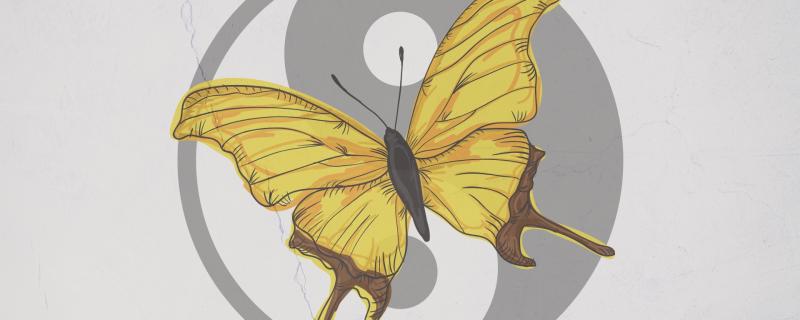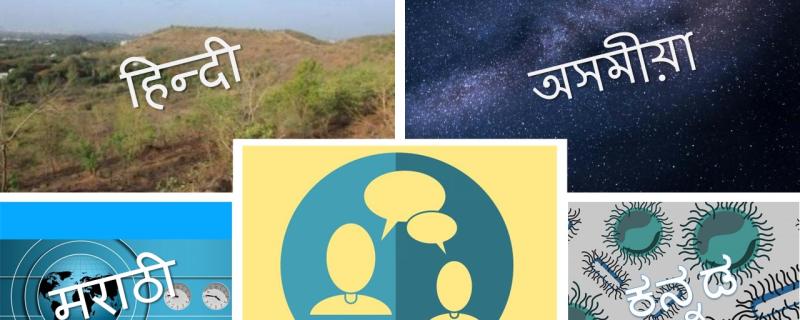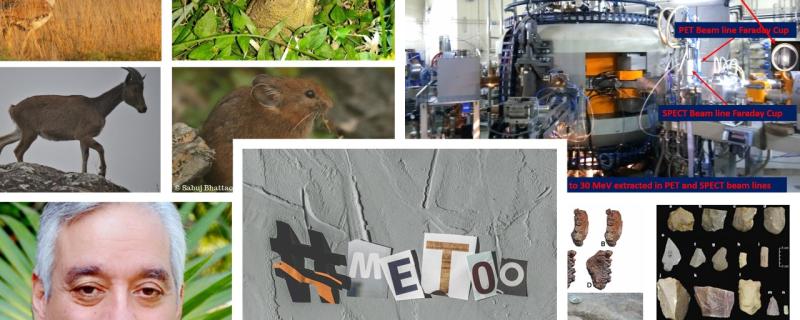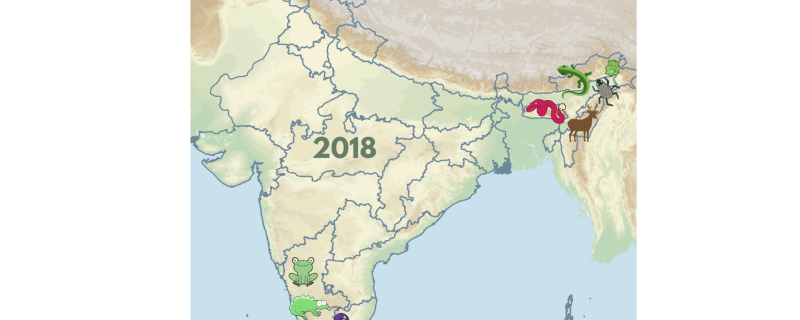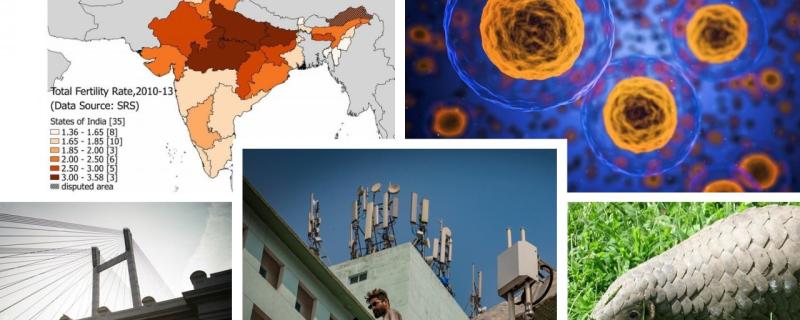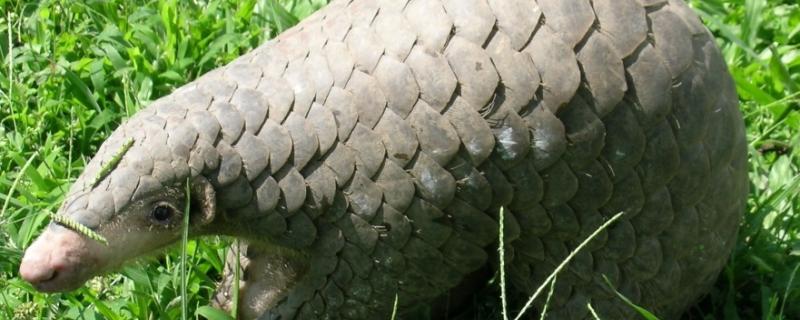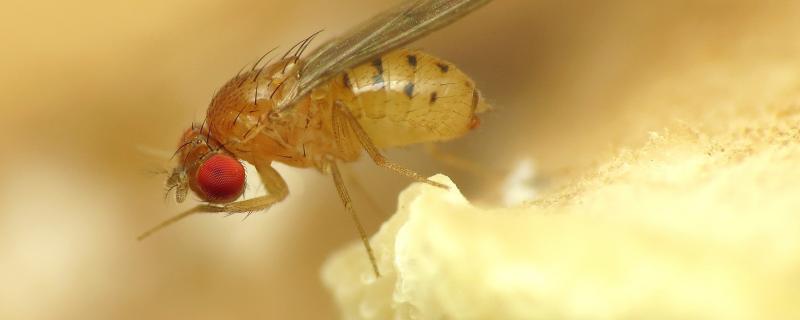IIT Bombay study proposal to account for ecological sensitivity to help developmental and planning authorities.
Ecology
Researchers at the NCBS, Bengaluru, studied how Swallowtails evolves and changes its appearance and colour at various stages of its elaborate life cycle to develop their colour defence strategies.
The new year is here and we are still revelling in the spirits of 2018! One of our significant initiatives of 2018 was communicating science in regional languages so that the compelling science stories reach far and wide, breaking language barriers. After our debut with Kannada, we scored big with Hindi, Marathi and Assamese. The year 2019 holds more promise and we are all excited about it! Here we present a selected list of stories that were our top ‘local flavours’.
As we bid adieu to 2018 and welcome 2019, here is a snapshot of India’s year in science. From remarkable satellite launches, scientific breakthroughs and a cocktail of controversies, the year that went by was eventful for various reasons. Here is an attempt to travel down the memory line, reflecting on what we saw and what we could learn. While this is not an extensive list and in no way ranked, it is an attempt to highlight India’s year in science.
The year 2018 was marked by exciting discoveries and inventions in the field of medical sciences, life sciences, archeology, physical sciences, and planetary sciences. While some are headline-hitting, most are crucial in cementing our understanding of various tenets in these areas. As we come close to bidding goodbye to 2018, here is a sneak-peek into the trendsetters in science in this year, in no particular order.
Over 8.7 million species are known to be found on Earth today, and many scientists believe that we have only scratched the surface.
You asked it and here we have! Wondering what was popular on Research Matters in 2018? Following are our top-ten stories that gained traction by readers like you. Thank you for your support and hope to see it continue in the years to come.
Researchers at the World Animal Protection and University of Oxford, UK, have analysed why some rural tribes in Assam hunt pangolins, the motivation behind this and possible interventions to stop hunting.
Researchers from two Spanish institutes—the University of Barcelona and the Barcelona Institute of Science and Technology, and CCMB in Hyderabad, have identified some genes and regulatory elements involved in damage-response of the Drosophila regeneration process.
![Image: Mgiganteus [Public domain], from Wikimedia Commons.](/sites/researchmatters/files/styles/large_front_800x320/public/india_satellite_image.png?itok=V3gYwjmi)
